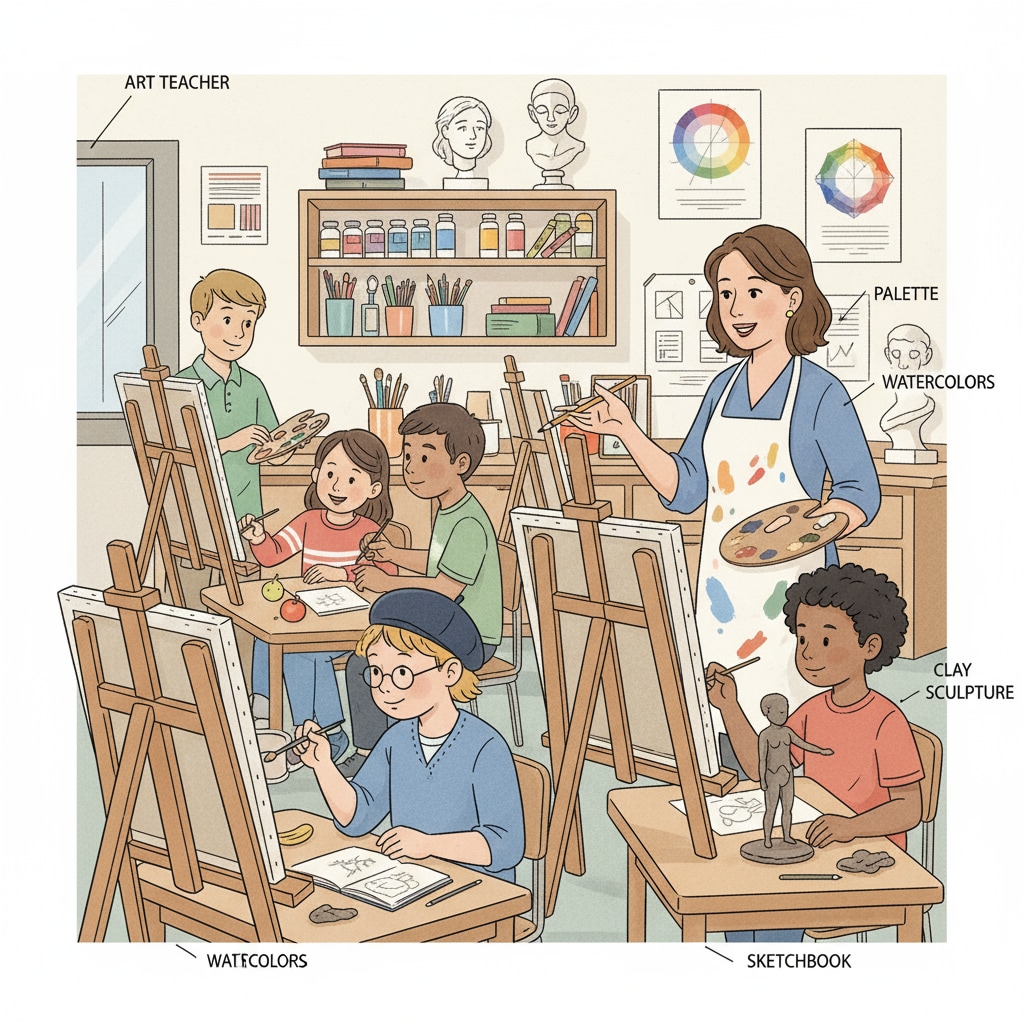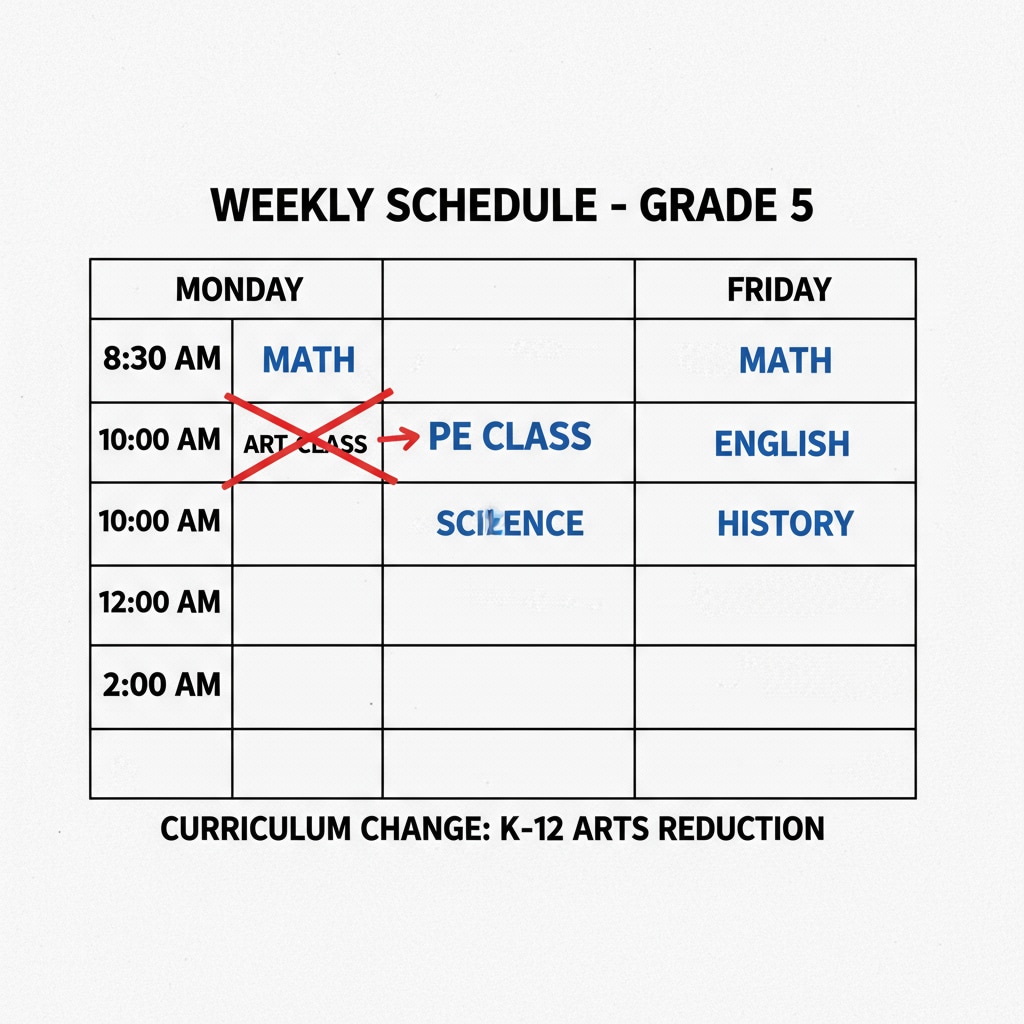In the realm of K12 education, the issue of special subject teachers being treated as interchangeable parts, along with curriculum substitution and educational resource allocation, has far – reaching implications. Special subject teachers, such as those teaching music, art, and media, play a crucial role in students’ holistic development. However, they are often overlooked and undervalued.

The Perception of Special Subject Teachers as Interchangeable
All too often, in the K12 education framework, special subject teachers are seen as replaceable components. This perception stems from a narrow view of education that prioritizes core academic subjects like math, science, language arts, and social studies. For example, a music teacher might be easily swapped out for a substitute teacher with little to no musical background, disrupting the continuity of students’ musical education. Importance of Arts Education on NEA
Curriculum Substitution: A Hindrance to Comprehensive Learning
Curriculum substitution is a prevalent problem. Music, art, and media classes are frequently replaced by physical education classes. This not only short – changes students’ exposure to the arts and media but also limits their creative, aesthetic, and communicative skills. When art classes are axed in favor of more PE sessions, students miss out on opportunities to express themselves visually and develop their imagination.

As a result, students’ overall development is imbalanced, and they may lack the well – roundedness that a complete education should provide. Importance of Well – Rounded Education on Edutopia
The root of these problems lies in educational resource allocation. Schools often allocate a disproportionately large share of resources to core academic subjects, leaving special subjects underfunded. This means fewer qualified teachers, limited teaching materials, and subpar facilities for special subject areas. In addition, the lack of proper resource distribution also affects teachers’ job satisfaction and retention rates. Special subject teachers may feel demotivated when they see their subjects being sidelined, which can lead to a high turnover rate.
In conclusion, the treatment of special subject teachers as interchangeable parts, along with curriculum substitution and unfair educational resource allocation, is a significant concern in K12 education. It is essential for educational institutions, policymakers, and society as a whole to recognize the value of special subject teachers and ensure a more balanced and comprehensive education for all students.
Readability guidance: By using short paragraphs and lists, we can better summarize key points. Each H2 section provides a clear focus, and we’ve controlled the use of passive语态 and long sentences. Transition words have been added throughout to enhance the flow of the article.


